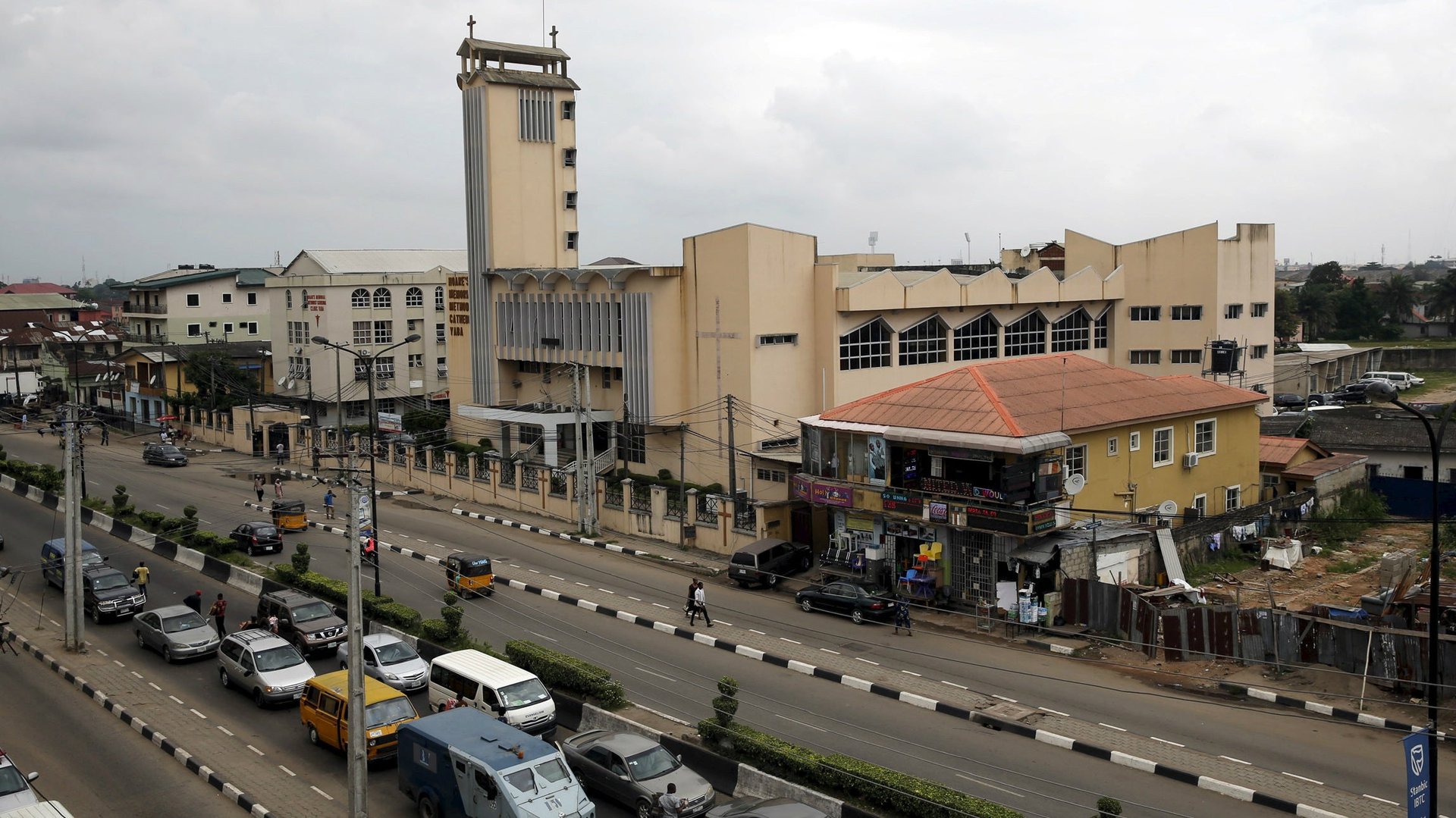Nigeria’s tech startups have become a political talking point to sway young voters
Nigeria’s tech ecosystem has come in for praise over the past decade given the rise of startups solving problems and serving addressable market needs using technology. Investment—running into hundreds of millions of dollars—has flowed in and several startup and tech hubs have launched, ensuring a pipeline of innovative ideas.


Nigeria’s tech ecosystem has come in for praise over the past decade given the rise of startups solving problems and serving addressable market needs using technology. Investment—running into hundreds of millions of dollars—has flowed in and several startup and tech hubs have launched, ensuring a pipeline of innovative ideas.
But tech startups are increasingly becoming political fodder too.
With Nigeria’s general elections barely a month away, candidates looking to sway young voters—a majority of the electorate—are name-dropping tech companies in a bid to appear friendly to the ecosystem. In a recent debate for governorship candidates in Lagos, Nigeria’s commercial nerve center, leading candidates made sure to tout their support to the local ecosystem—Africa’s most valuable. Jide Sanwo-Olu, candidate of the ruling All Progressive Congress, claimed he’d visited all tech companies in the state and will establish a tech hub in each of Lagos’ 20 local governments.
And it’s not just governorship candidates. Nigeria’s vice president is well-known for visiting tech companies, speaking at conferences as well talking up government support for the sector. It’s part of long-held ambition to diversify the country’s oil exports-reliant economy. But the federal government’s actions has not always matched its rhetoric.
For instance, current communications minister Adebayo Shittu has largely underwhelmed in comparison to his predecessor Omobola Johnson, often credited as a key player in the critical early days of the tech ecosystem. Aso Villa Demo Day, a pitch event for startups sponsored by the presidency, has also stalled with grantees complaining of delays in receiving funds.
Indeed, tech startups also often come under the weight of Nigeria’s tough business climate as shown by this tweet by Tayo Oviosu, founder of leading payments firm, Paga.
On one hand, the increased mentions suggests Nigeria’s political class recognized the importance of the local tech ecosystem. In truth, the growing influence of tech is self-evident: Mark Zuckerberg’s visit in 2016, including a stop at Nigeria’s presidential villa, was, in itself, a validation of the ecosystem’s rapid growth and potential.
“I think the politicians are just paying lip service,” says Iyin Aboyeji, co-founder of Andela and Flutterwave, two of Nigeria’s most prominent tech startups. “Tech votes are influential because they have the ability to reach large audiences of young people which are the largest voting blocs,” said Aboyeji, who had previously been linked to the current government as a member of its industrial policy council.
In the event politicians are truly intent on supporting the ecosystem, Aboyeji recommends focusing on easing internet access problems and implementing the national broadband policy—a target to grow broadband penetration by 30%. However, private sector efforts have so far been hampered by expensive “right of way” levies for laying broadband cable. “Removing right of way or abolishing [it] completely,” Aboyeji says, “will spur investment in broadband.”
Sign up to the Quartz Africa Weekly Brief here for news and analysis on African business, tech and innovation in your inbox